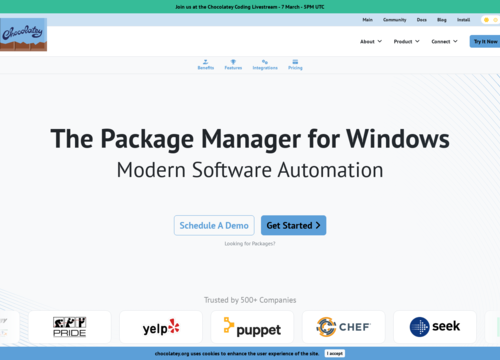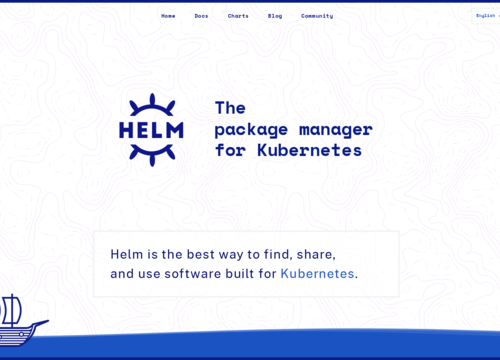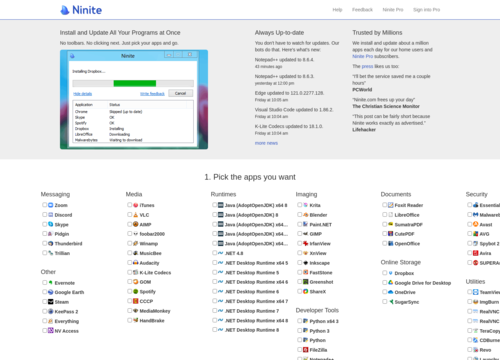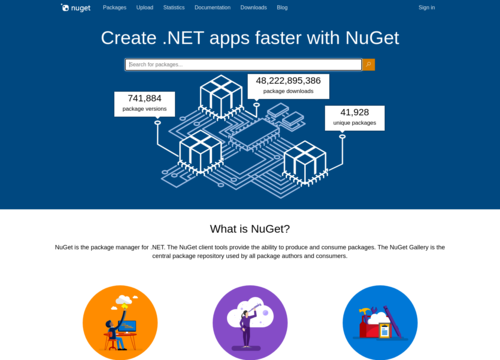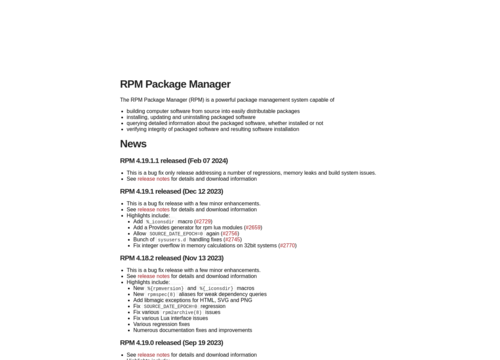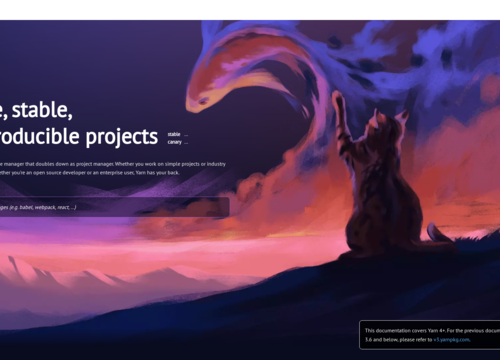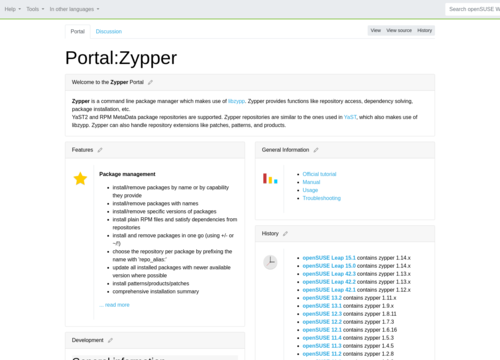Nix
Nix is a powerful package manager designed to offer reliable and reproducible package management for Linux and other Unix-like systems. Its unique approach to package management sets it apart from traditional package managers such as apt, yum, or pacman. Nix operates based on the principle of functional package management, where packages are treated as functions of their inputs, ensuring that each package can be uniquely identified and reproduced.
One of the core features of Nix is its ability to manage packages in isolation from each other. This is achieved through the use of the Nix store, typically located at/nix/store, where each package and its dependencies are stored in unique, hash-prefixed directories. This design allows multiple versions of a package, or packages with different dependencies, to coexist without conflict, significantly reducing "dependency hell".
The Nix also emphasizes reproducibility and reliability. Since package builds are deterministic and depend solely on their specified inputs, it is possible to replicate the exact same environment on different systems, down to the last byte. This characteristic is particularly beneficial for developers working on shared projects or for deploying software across multiple servers or environments.
Another significant advantage of Nix is its support for atomic upgrades and rollbacks. Owing to its store structure and management approach, Nix can switch between different system configurations atomically. If an upgrade or a change to the system does not work as expected, users can easily revert to a previous state, improving system stability and reducing the risk of downtime.
Nix also extends beyond package management with the NixOS operating system, which applies the same principles of reproducibility, reliability, and isolation to system configuration management. NixOS configurations are declared in the Nix language, making it possible to apply version control to system configurations and reproduce or deploy specific system states as needed.
The Nix language itself is a key component of the ecosystem, providing a powerful tool for describing how packages and system configurations are built. It is a purely functional language, meaning that functions always produce the same output for the same inputs, further reinforcing the system's reproducibility.
The benefits of using Nix include several practical applications, particularly in software development, deployment, and system administration. The following are some additional aspects and benefits of Nix that highlight its versatility and strength:
Development Environments
Nix can create isolated development environments for projects, ensuring that developers working on the same project have identical setups. This isolation prevents the "work on my machine" problem, where code runs on one developer's machine but not on another's due to differences in software versions or configurations. With Nix, every dependency required to run or build a project is precisely defined and isolated from the host system and other projects.
Continuous Integration and Deployment
In CI/CD pipelines, reproducibility and reliability are paramount. Nix ensures that software builds are reproducible and that deployments are consistent across different environments, from development to production. This consistency reduces the chances of encountering unexpected bugs or behaviors caused by environmental discrepancies.
Multiuser Environments
Nix's design makes it an excellent choice for multiuser systems. Since packages are stored in a central Nix store with unique hashes, different users can share the same package installations without interference. This approach not only saves disk space but also ensures that users on the same system can work with their preferred versions of software without affecting each other.
Garbage Collection
The Nix store can increase in size due to the accumulation of multiple package versions and their dependencies. Nix includes a garbage collector to clean up unused packages and freeing disk space. Users can explicitly declare which packages or environments they wish to keep, and the garbage collector removes the rest, ensuring efficient use of storage.
Experimentation and Learning
Nix encourages experimentation with software packages and system configurations. Since changes can be made without affecting the overall system stability and can be rolled back if necessary, users can try out new software, experiment with configuration changes, or test updates safely. This feature is particularly useful for developers and system administrators looking to test the impact of software updates or configuration changes before applying them in production environments.
Nix Flakes
An evolution in the Nix ecosystem was the introduction of Nix Flakes. Flakes aim to improve the reproducibility, composability, and discoverability of Nix packages and configurations. They provide a more structured way to manage Nix projects, package sets, and system configurations, with explicit declarations of project dependencies and outputs. Flakes represent a step forward in making Nix even more robust and user friendly, particularly in terms of version control and sharing Nix expressions across projects.
Nix addresses many of the traditional challenges faced in package and system management through its innovative approach. Focusing on reproducibility, reliability, and isolation not only simplifies development and deployment workflows but also enhances the stability and predictability of computing environments. As the Nix ecosystem continues to evolve, it offers a compelling solution for a wide range of applications, from individual development projects to large-scale infrastructure management.






















